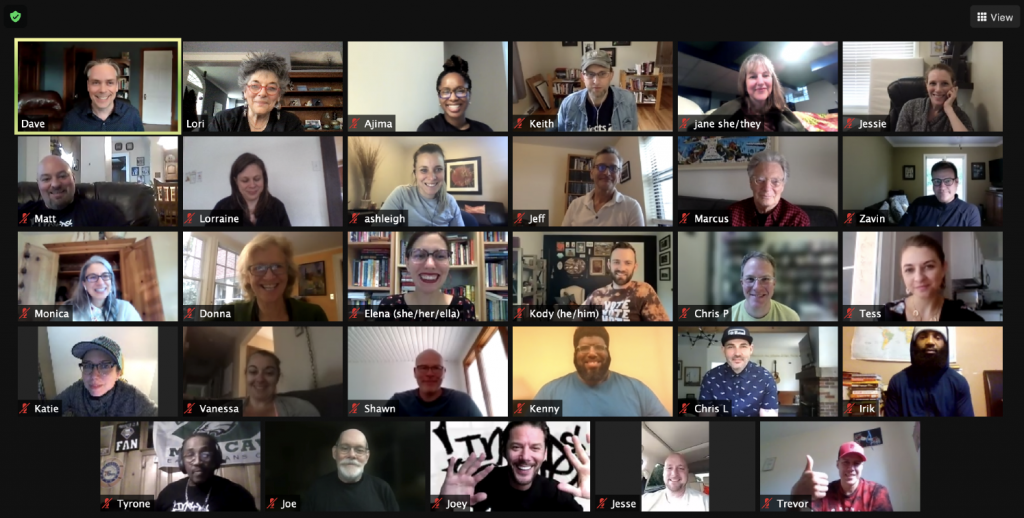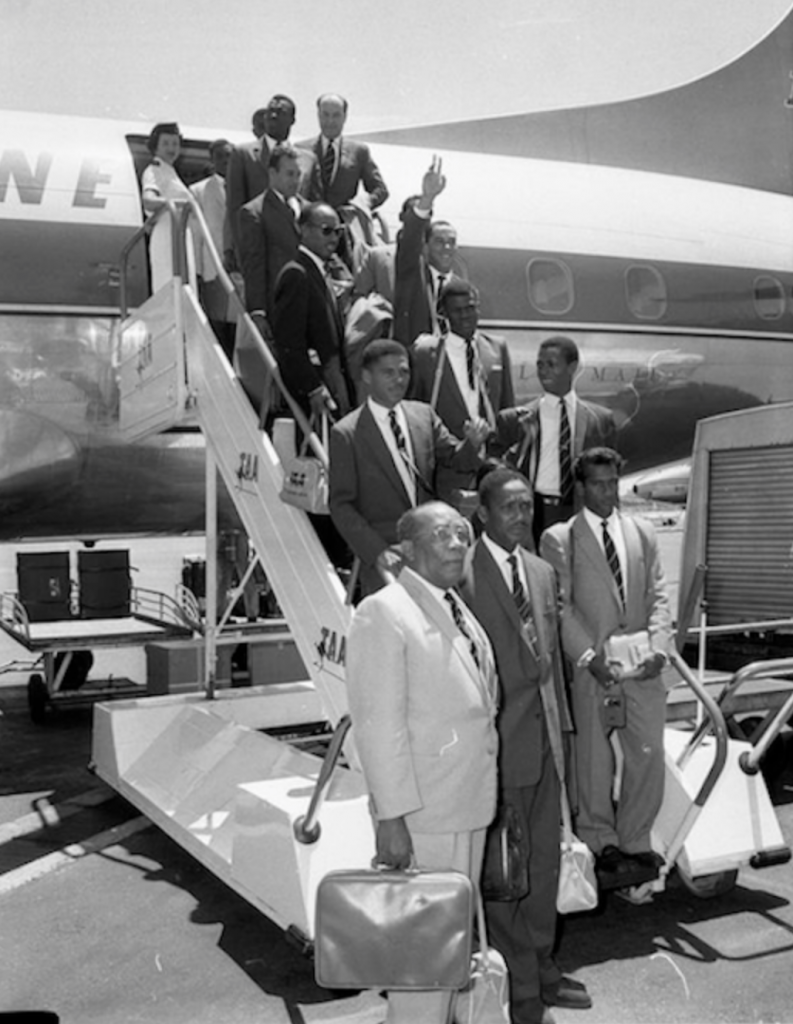Join the virtual panel discussion on Wednesday, October 28 at 7:30 PM Eastern/6:30 PM Central about Yomaira C. Figueroa-Vásquez’s new book, Decolonizing Diasporas: Radical Mappings of Afro-Atlantic Literature.
Mapping literature from Spanish-speaking sub-Saharan African and Afro-Latinx Caribbean diasporas, Decolonizing Diasporas argues that the works of diasporic writers and artists from Equatorial Guinea, Puerto Rico, the Dominican Republic, and Cuba offer new worldviews that unsettle and dismantle the logics of colonial modernity. With women of color feminisms and decolonial theory as frameworks, Figueroa-Vásquez juxtaposes Afro-Latinx and Afro-Hispanic diasporic artists, analyzing work by Nelly Rosario, Juan Tomás Ávila Laurel, Trifonia Melibea Obono, Donato Ndongo, Junot Díaz, Aracelis Girmay, Loida Maritza Pérez, and more. Figueroa-Vásquez’s study reveals the thematic, conceptual, and liberatory tools these artists offer when read in relation to one another. This study centers the cultural productions of peoples of African descent as Afro-diasporic imaginaries that subvert coloniality and offer new ways to approach questions of home, location, belonging, and justice.
Panelists
YOMAIRA C. FIGUEROA-VÁSQUEZ is an associate professor of global diaspora studies in the Department of English at Michigan State University.
NELSON MALDONADO-TORRES is a professor at the Department of Latino and Caribbean Studies and the Comparative Literature Program at Rutgers University. He is the author of Against War: Views from the Underside of Modernity (Duke 2008) and a member of the Executive Board of the Frantz Fanon Foundation.
LORGIA GARCÍA PEÑA is an associate professor at Harvard University and is the author of The Borders of Dominicanidad: Race, Nations and Archives of Contradictions (Duke 2016). Her research poses a dialogue among feminist theory, transnational blackness and Caribbean thought paying close attention to the intersections between coloniality, migration, and racial and ethnic identity formation.
BENITA SAMPEDRO VIZCAYA is a professor of Spanish Colonial Studies at Hofstra University and was the founding Associate Director of Hofstra’s Center for “Race,” Culture and Social Justice. She is a leading expert on Spanish colonialism in both Africa and Latin America and her work revisits colonial links within and beyond the frame of the different imperial Atlantic networks.
Logistics
• Please register here to receive a link to the Zoom event via email: https://www.eventbrite.com/e/decolonizing-diasporas-a-panel-discussion-tickets-124429914223
• If you have any questions or need assistance, please reach out to Northwestern University Press through the “Contact” link at the bottom of this page.
• Attendees will receive a discount code during the event.
Co-sponsors
This event is co-sponsored by:
LASA Puerto Rico Section
MLA Global Hispanophone Forum
MLA Latina/o Literature and Culture Forum






